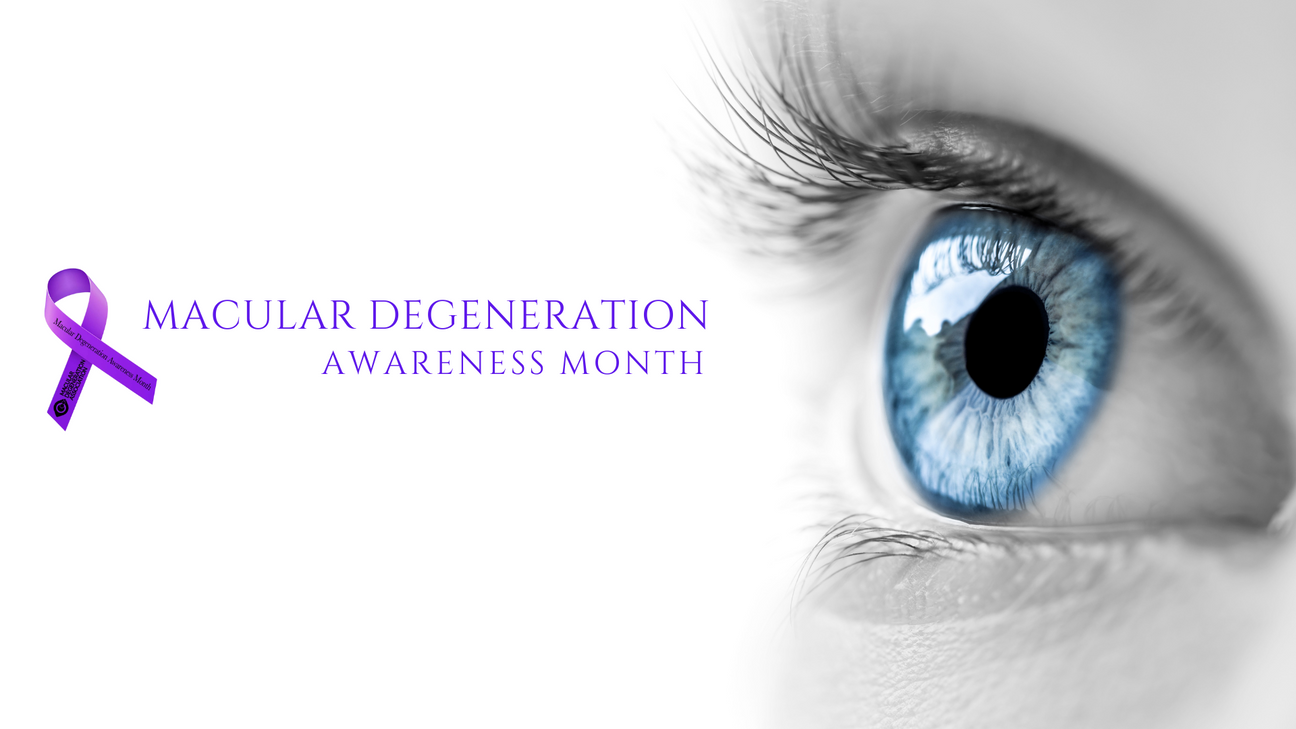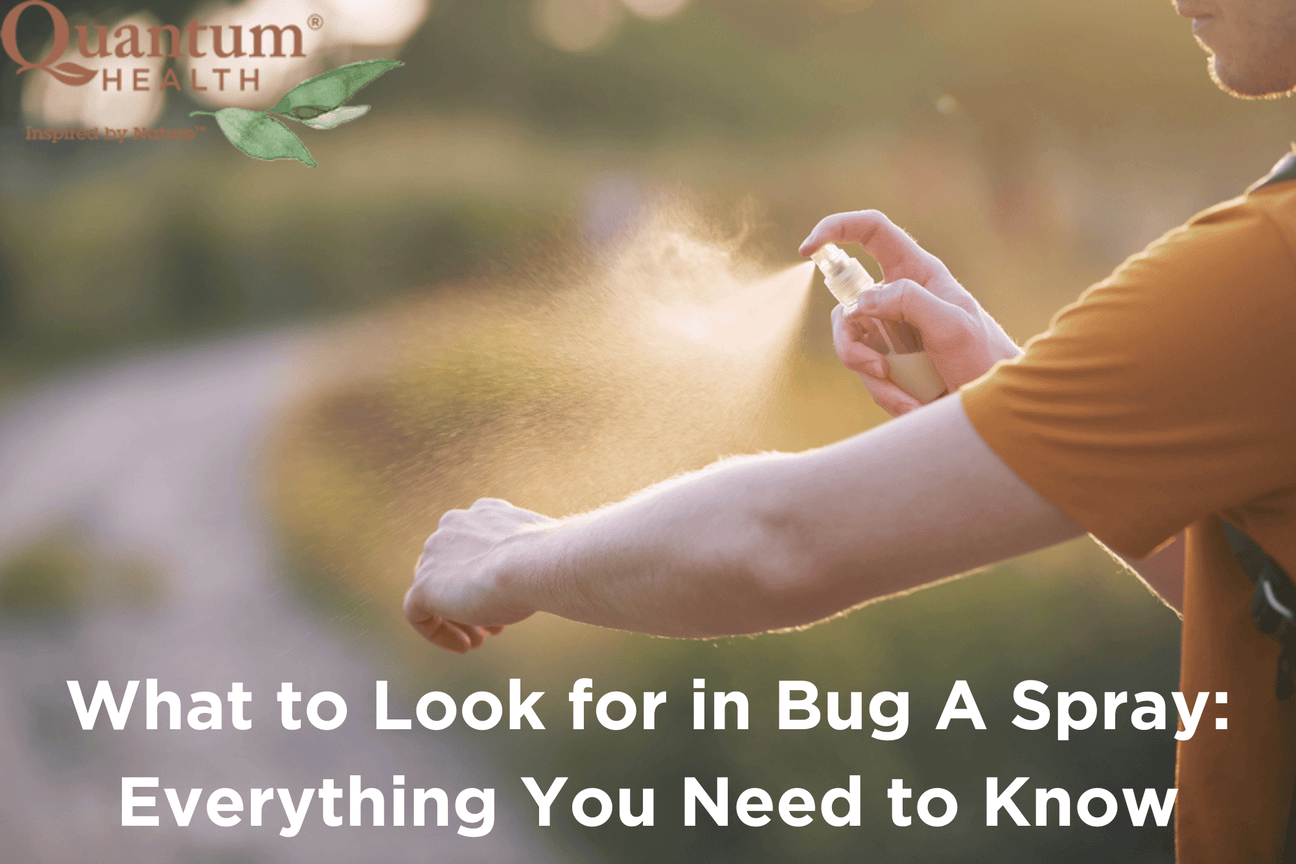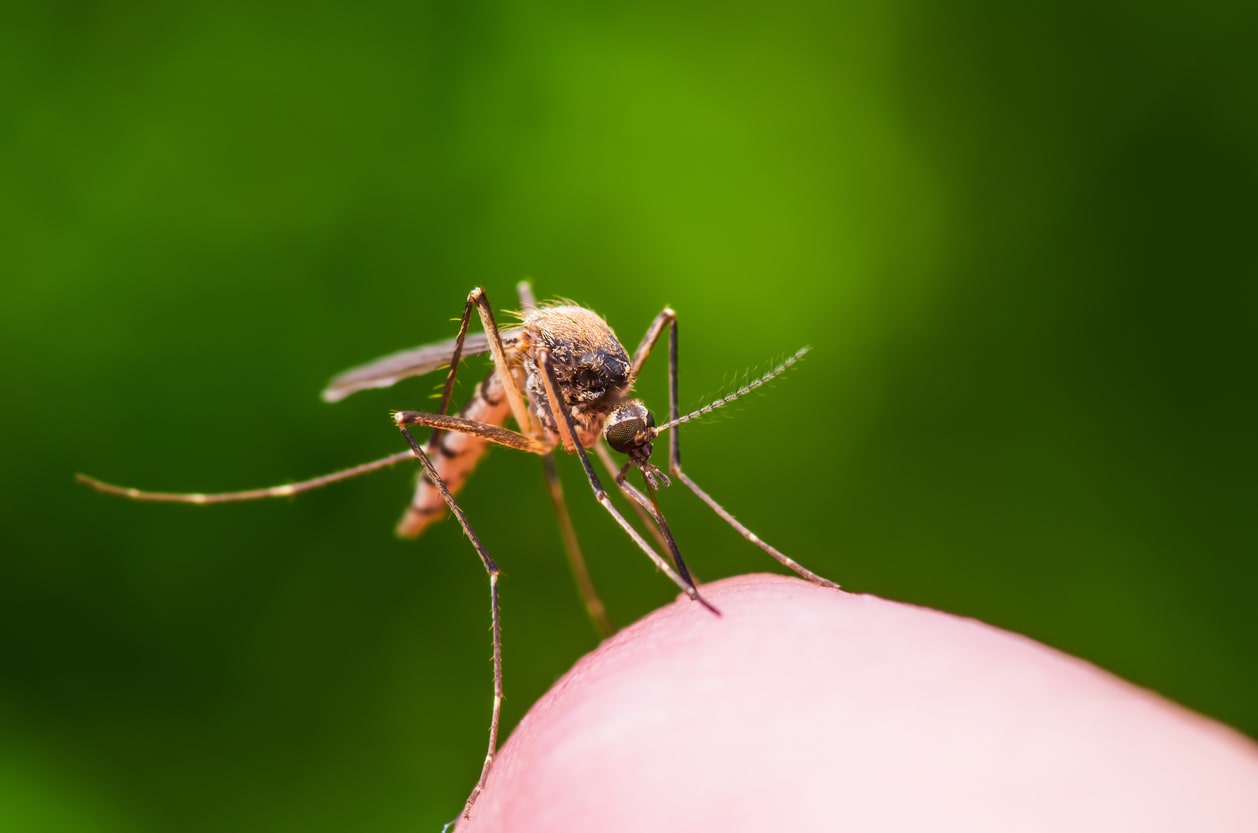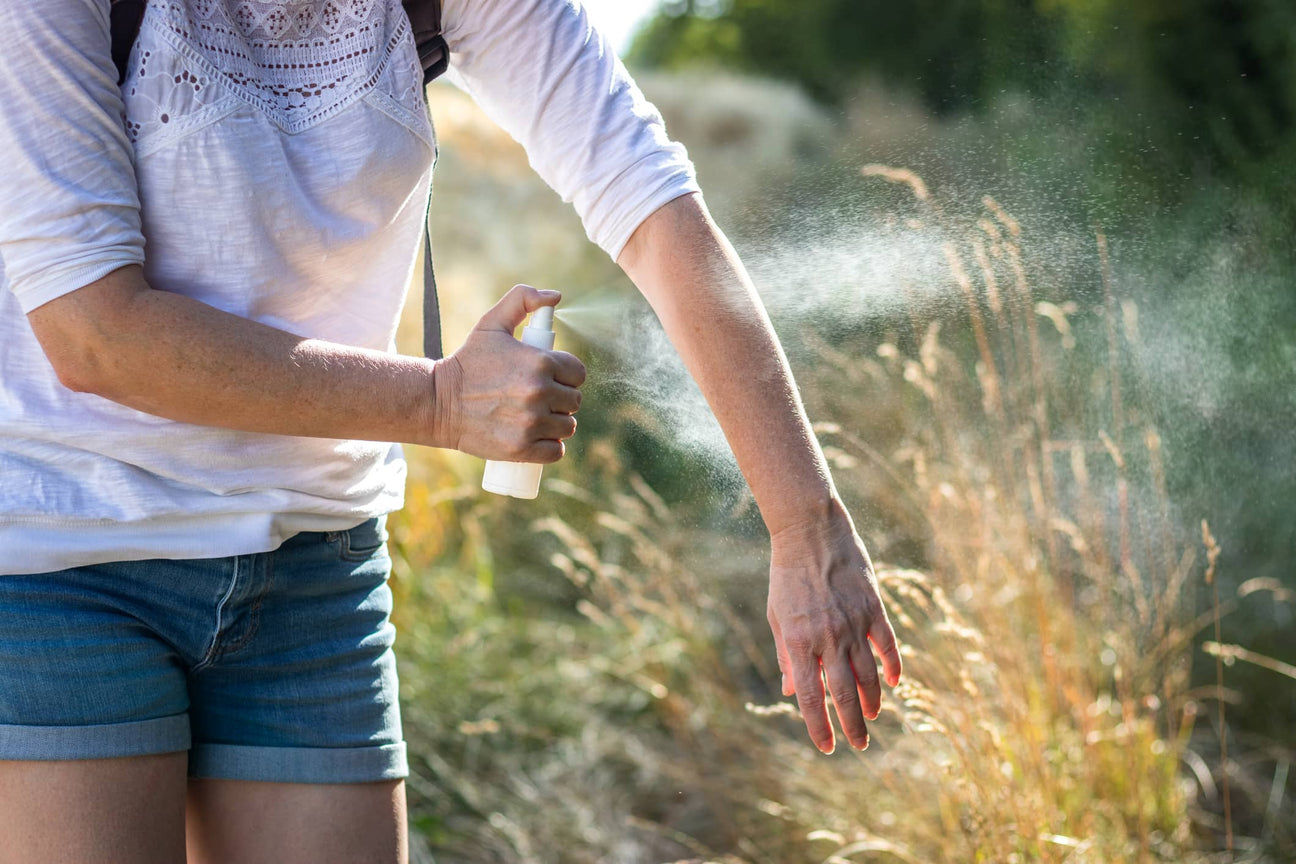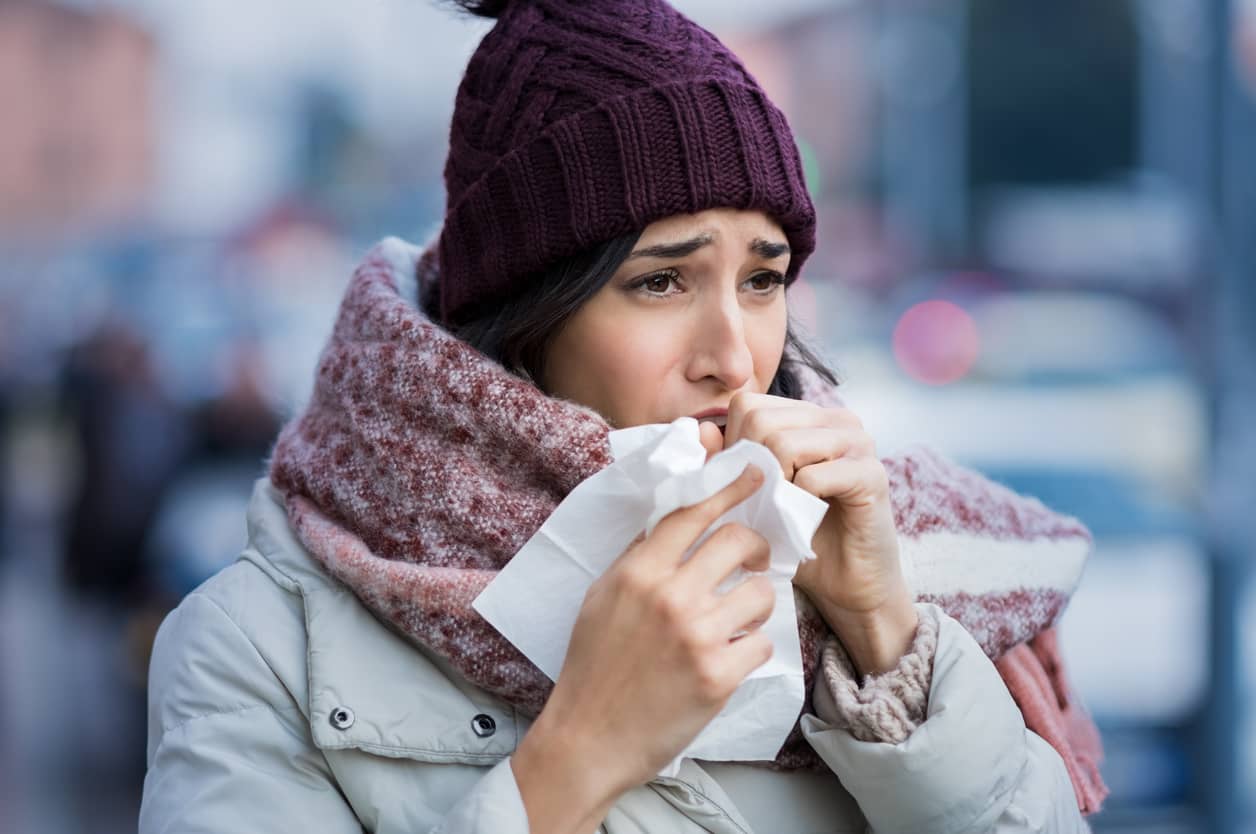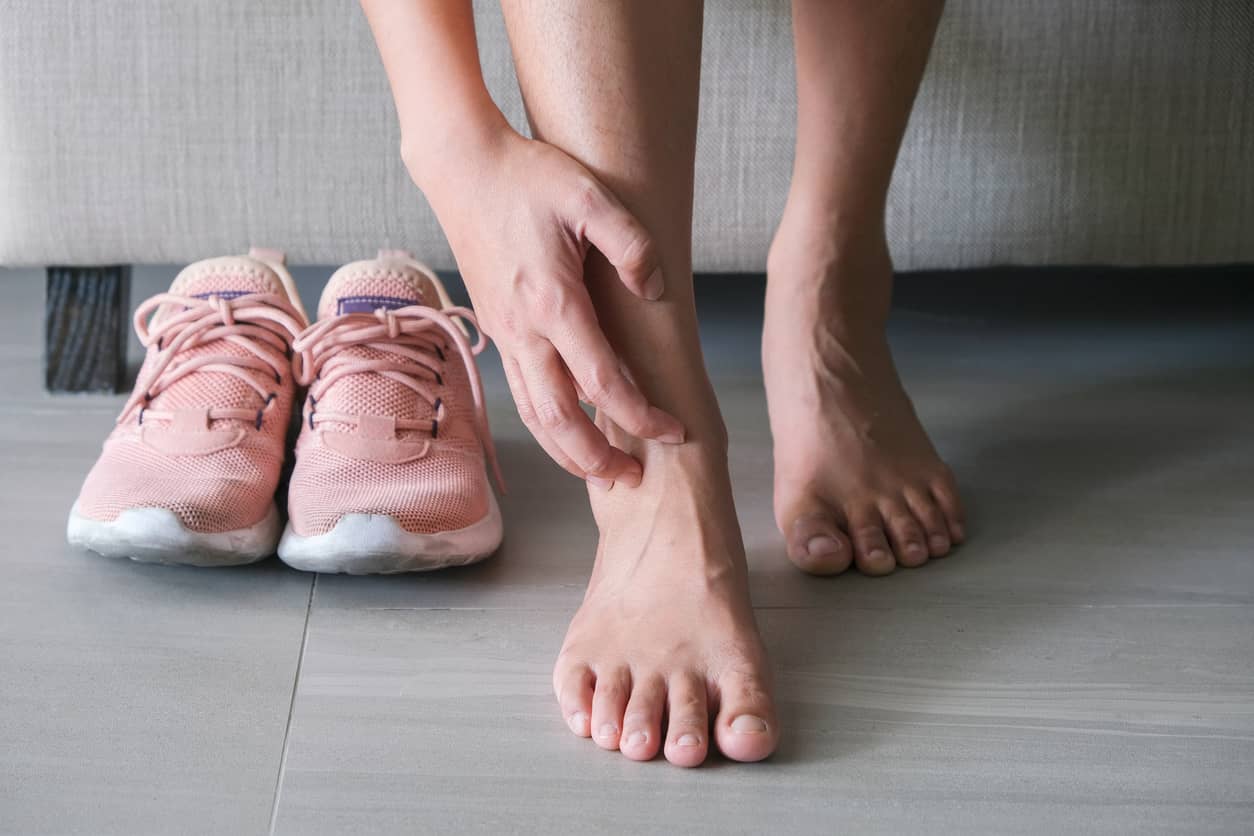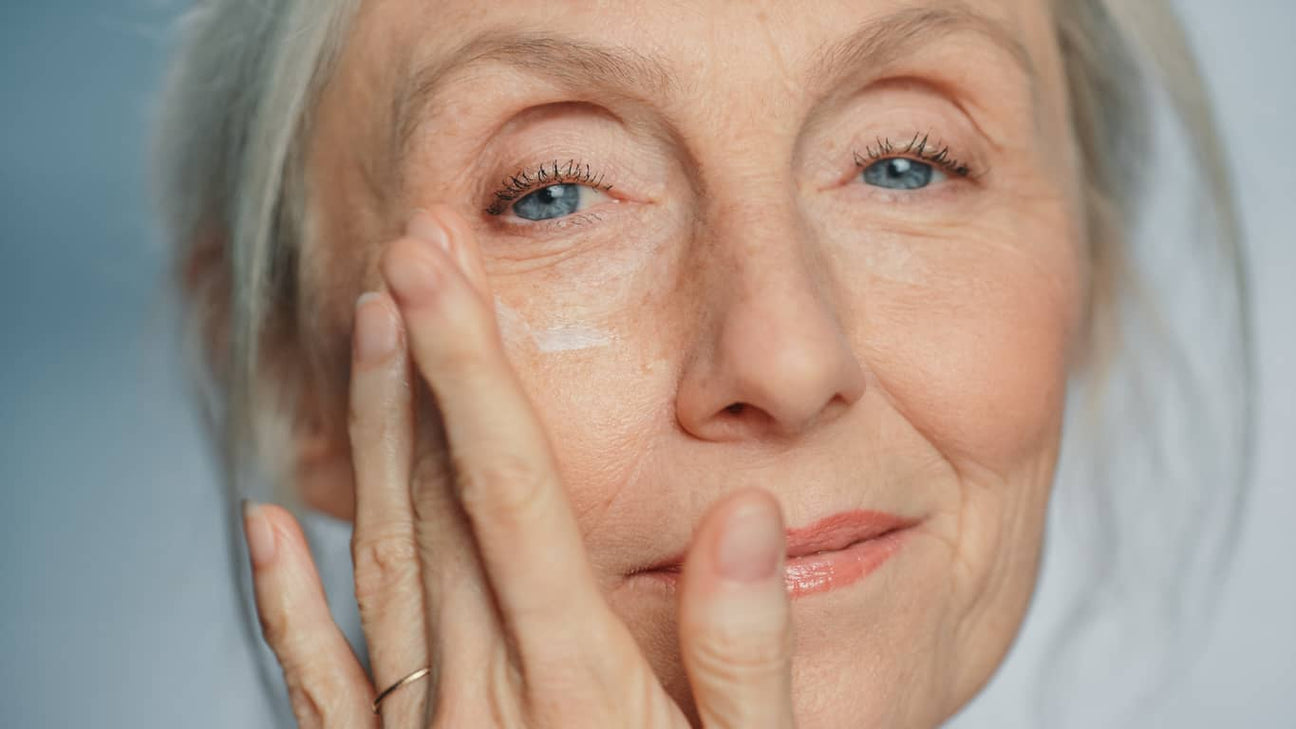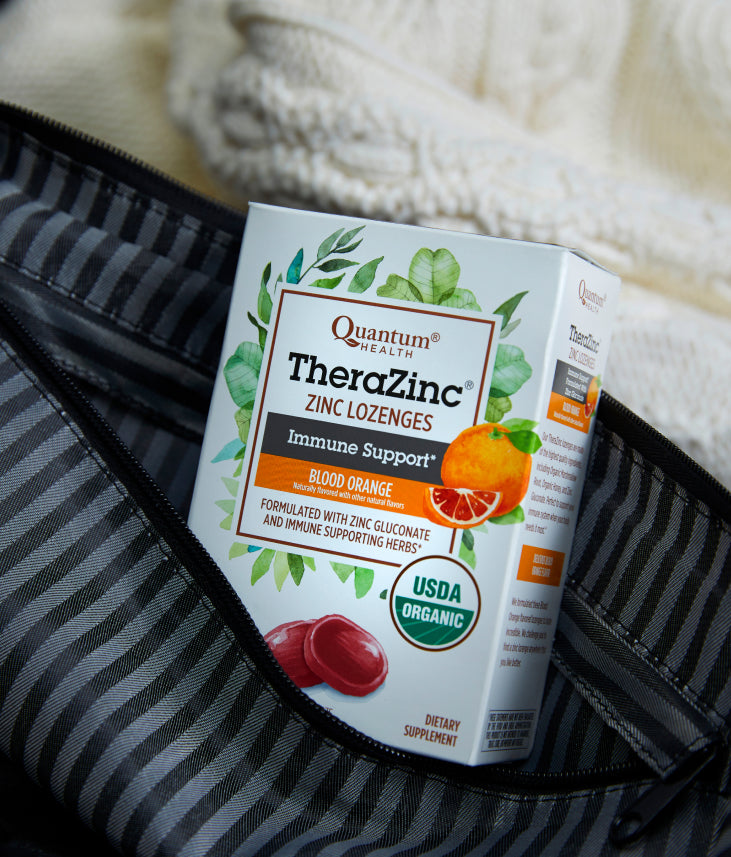Can Cold Sores Spread?

In a word, yes. Cold sores are contagious. And since cold sores are also incredibly common, if you are one of the many who are affected by cold sores, read on to learn more about cold sores, how to prevent spreading them, and where to find fast and effective relief.
What are cold sores?
Cold sores, a.k.a. oral herpes, are a result of a viral infection and typically show up as small blisters on and around your mouth. They can also appear on your nose, cheeks, and hands. In rare cases, cold sores can even develop in the eyes and the brain. Once the blisters break open, they will harden and heal, a course that usually takes about 7-10 days.
Wait, herpes?
Herpes Simplex Virus, called HSV-1, is the highly contagious virus responsible for creating cold sores. Most of us will be exposed to the virus in our lifetime, usually innocently enough through personal contact with someone who was infected—even if there was no sore. Some will develop periodic outbreaks of cold sores and others will carry the virus, but live symptom-free.
How are cold sores spread?
HSV-1 is most contagious when cold sores are present, and the blisters are oozing. The virus can be spread from person to person through kissing and sharing personal items like utensils, toothbrushes, towels, lip balm, or razors.
Once you get a cold sore it is important to wash your hands often and try not to touch the affected area. You might be surprised to learn that it is possible to spread the virus to other parts of your body by touching the exposed cold sores and then touching a different area of your body. Rubbing your eyes after contact with your cold sore could transfer the virus to your eyes, resulting in serious vision problems.
How to prevent spreading cold sores
When you have cold sores, there are some measures you can take to prevent sharing them:
- Don’t touch the affected area(s)
- Wash your hands frequently
- Avoid kissing
- Refrain from sharing utensils, towels, toothbrushes, and other personal items
- Use cotton swabs to apply medication to reduce the risk of spreading cold sores to different areas of your body
- Know what triggers your cold sores so you can avoid getting them
What triggers your cold sores?
Cold sores are usually brought on by certain triggers, so it may be helpful to figure out what yours are. The most common cause is a weakened immune system caused by stress, illness, or lack of sleep. Which is more reason than ever to take good care of yourself by getting plenty of rest, eating healthy foods, managing your stress levels, and taking supplements to support immune health.
For some, their healthy diet is triggering their outbreaks when it includes foods that contain arginine, an amino acid. Arginine is found in wheat, oats, dark chocolate, green leafy vegetables, and certain nuts. Limiting your intake of these foods may stop a cold sore outbreak.
Finally, weather can play a factor, as well. Winter winds and summer sun can dry lips, opening up another avenue for cold sores to attack. If this happens to you, turn to lysine lip balm for fast, effective, soothing relief.
Treat your cold sores
If you are suffering from the pain and embarrassment of cold sores, know that relief is right here. At Quantum Health, we offer the leading herbal/nutrient cold sore treatments with Lysine for fast and effective relief. Lysine ointment cuts healing time in half and our clear cold sore bandages offer protection, comfort, and relief.
Source Info:
https://www.mayoclinic.org/diseases-conditions/cold-sore/symptoms-causes/syc-20371017
Share
Your share can inspire countless others.



















